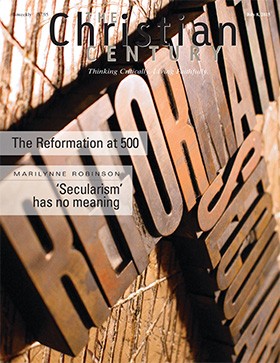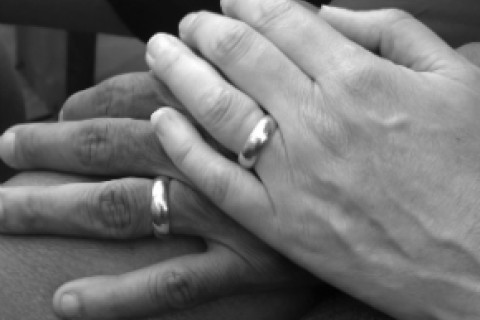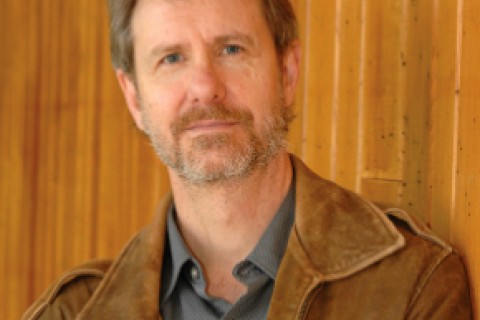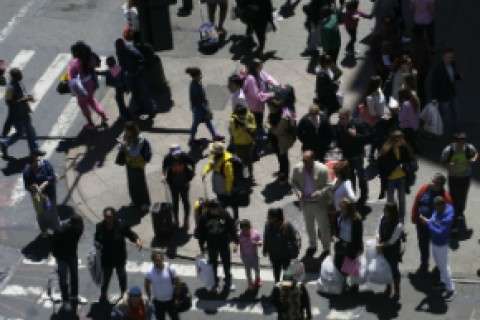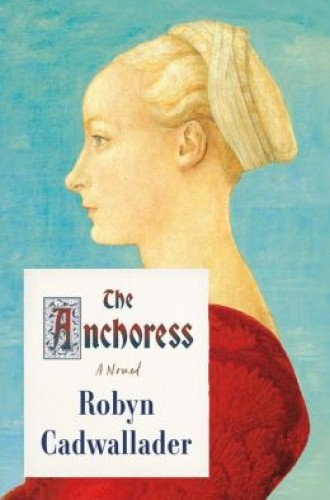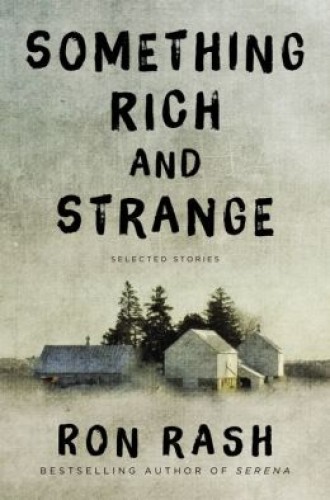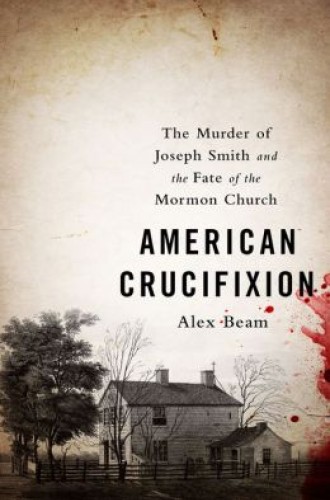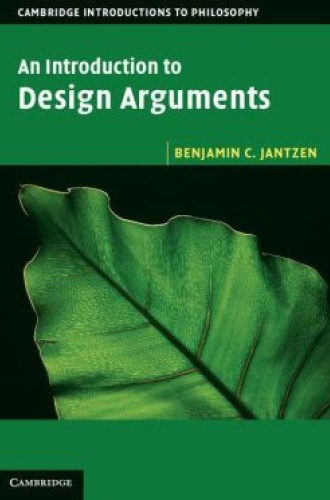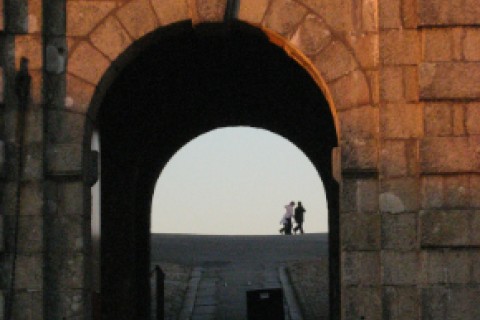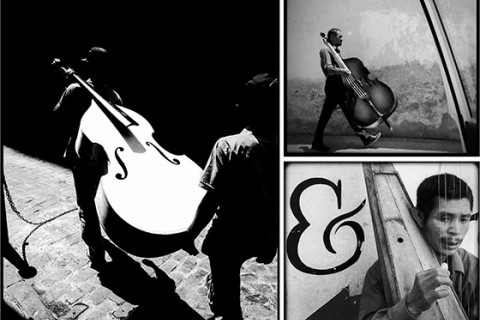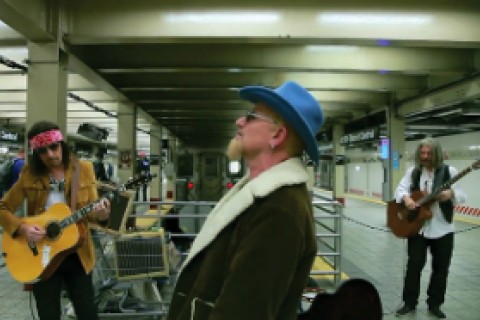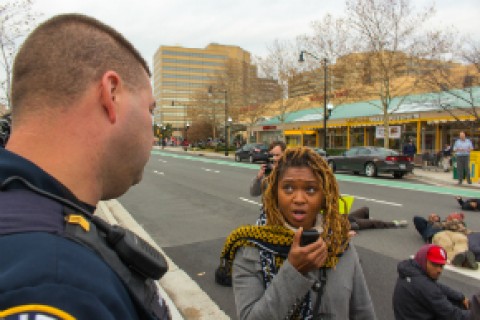Features
Perfume for my father: A lavish gift
I have given my father many presents. The small bottle of fragrant bath essence I gave him last Christmas may be the most important one.
Repent and celebrate: The Reformation after 500 years
October 31, 2017 draws near. How should we mark it, especially those of us who care about Christian unity?
The mystery of marriage: Secrets of joined lives
No one from the outside can fully grasp the inner workings of any marriage. Even those inside sometimes find themselves lonely and strangers.
Countering the darkness: Fiction writer Ron Rash
“I am fascinated by the war between what is best in our natures and what is worst.”
Sacred inwardness: Why secularism has no meaning
Perhaps the real lack of faith in modern society comes down to a lack of reverence for the people around us.
Books
A room to herself
The setup sounds like a medieval soap opera. But Robyn Cadwallader knows far too much about the 13th century to write an anachronistic romance.
Something Rich and Strange, by Ron Rash
Ron Rash’s stories emerge from the Smoky Mountains, where his protagonists often reach for a mystery beyond their own understanding.
American Crucifixion, by Alex Beam
There are no heroes in Alex Beam’s tale of the killing of Mormon founder Joseph Smith.
An Introduction to Design Arguments, by Benjamin C. Jantzen
Many people have an intuition that the natural world shows purpose, order, or providence. Benjamin Jantzen does a marvelous job analyzing the attempts to turn that intuition into arguments.
Departments
Communion thirst
My Presbyterian granddaughter hasn’t heard about 500 years of conflict over “the real presence.” At her cousins' Catholic church, she washed down the wafer with a large gulp from the cup—and then another.
Stories of my childhood
All I remember from The Magic Stones is the image of a young man, some stones and blocks, and an experiment revealing the most perfect shape.
Megachurches in Singapore
Christianity is thriving in Singapore. And in this case, most of the usual explanations for Christian expansion in Asia fall flat.
Three photographs by Eric Mencher
In Honor of the Cuban People, Who Have a Generous and Warm Spirit and Who Make Music That Moves the Soul (Havana, 1997)
String Theory/Parallel Lines
In Accord...
Public intimacy
U2's subway prank created a strange sort of intimacy and spontaneous community. I felt a similar dynamic at play at a recent funeral.
Local transformations
We need more than a national conversation about race and policing. We need spiritual and political change at the local level.
News
Arizona ministers use sermon series to critique ‘progressive’ faith
When eight pastors in Fountain Hills, Arizona, were planning a joint sermon series called “‘Progressive’ Christianity: Fact or Fiction?” they didn’t invite a local pastor who had cowritten a curriculum on the topic....
Francis sets up abuse tribunal for bishops
Pope Francis has approved the first-ever system for judging and possibly deposing bishops who fail to protect children from abusive clerics, a major step in responding to Catholics who have been furious that guilty priests have been defrocked whil...
Abuse of religious groups spurring Eritrea migrants, UN report says
Eritrea, a country in the Horn of Africa known for having the second-largest number of migrants crossing the Mediterranean, after Syria, is committing serious religious freedom abuses, according to a UN investigation....
Ingeborg Syllm-Rapoport, 102, finally awarded Ph.D. that Nazis denied her
When Ingeborg Syllm-Rapoport first submitted her doctoral thesis on diphtheria in 1938, she was barred from completing her oral defense under Hitler’s Nuremberg Race Laws, which disenfranchised citizens with Jewish ancestry....
China knocks down crosses, faithful put them back
(The Christian Science Monitor) A group of Protestant churches in China’s Zhejiang Province are engaging in civil disobedience against local authorities who have knocked down the cross...
Lama Surya Das, longtime meditation teacher, chides self-centered use of mindfulness
Lama Surya Das is one of the handful of Westerners who have been teaching meditation for decades. And yet, he says we’re doing it wrong....
Study finds Americans think well of churches, might even attend
Many Americans today don’t think they have a place for church in their lives....
Tony Blair’s new job: fighting religious and political extremism in Europe
Former British prime minister Tony Blair has a new job campaigning against religious and political extremism in Europe....
Lectionary
July 19, Ordinary 16B: Mark 6:30-34, 53-56
“Many were coming and going, and they had no leisure, even to eat.” I think of the many lunches spent at my computer with a sandwich.
July 12, 15th Sunday in Ordinary Time: Mark 6:14-29
I like Mark’s frequent mention of how people felt. In this week’s text, Herod is greatly perplexed about John the Baptist.


